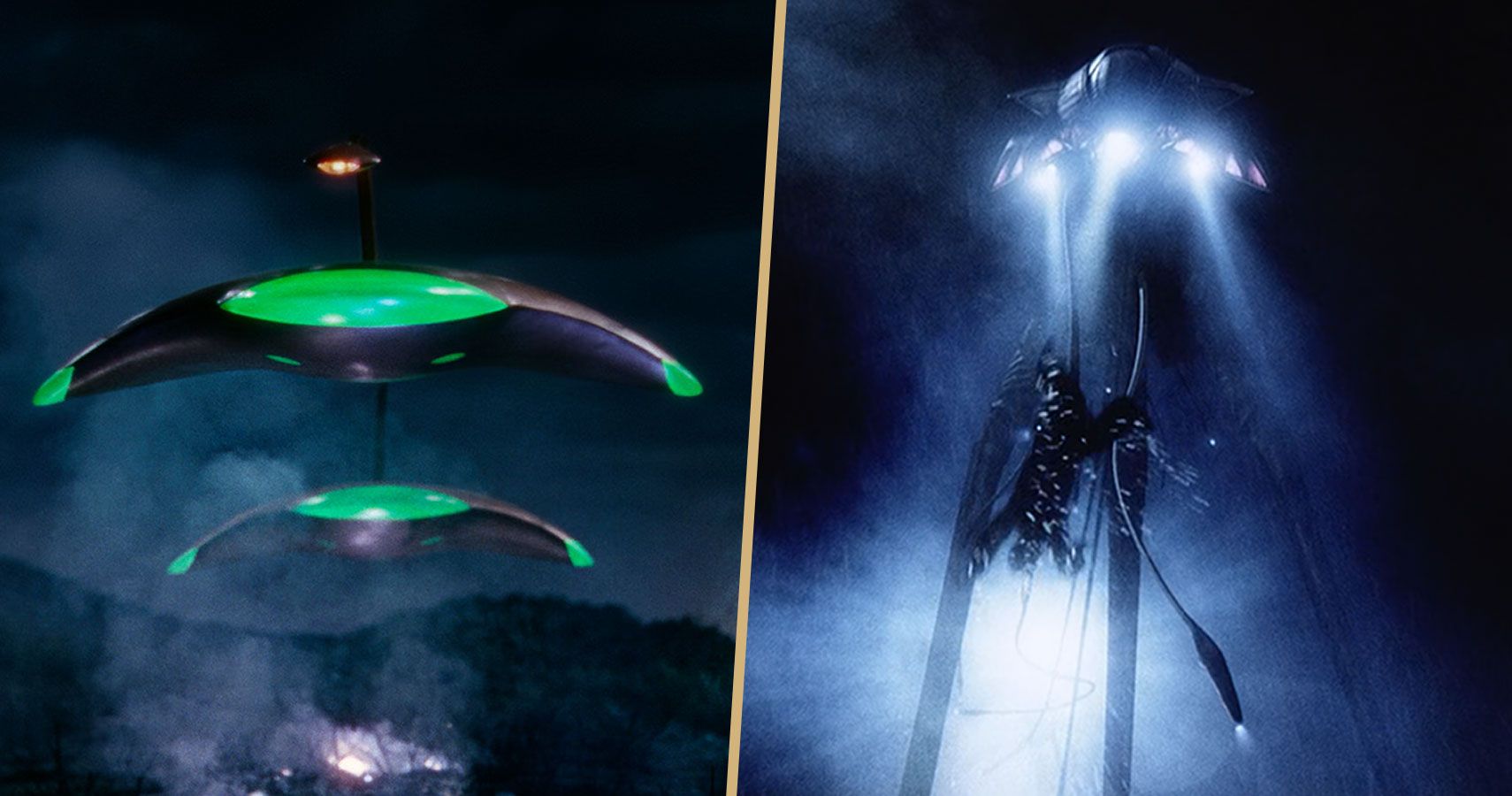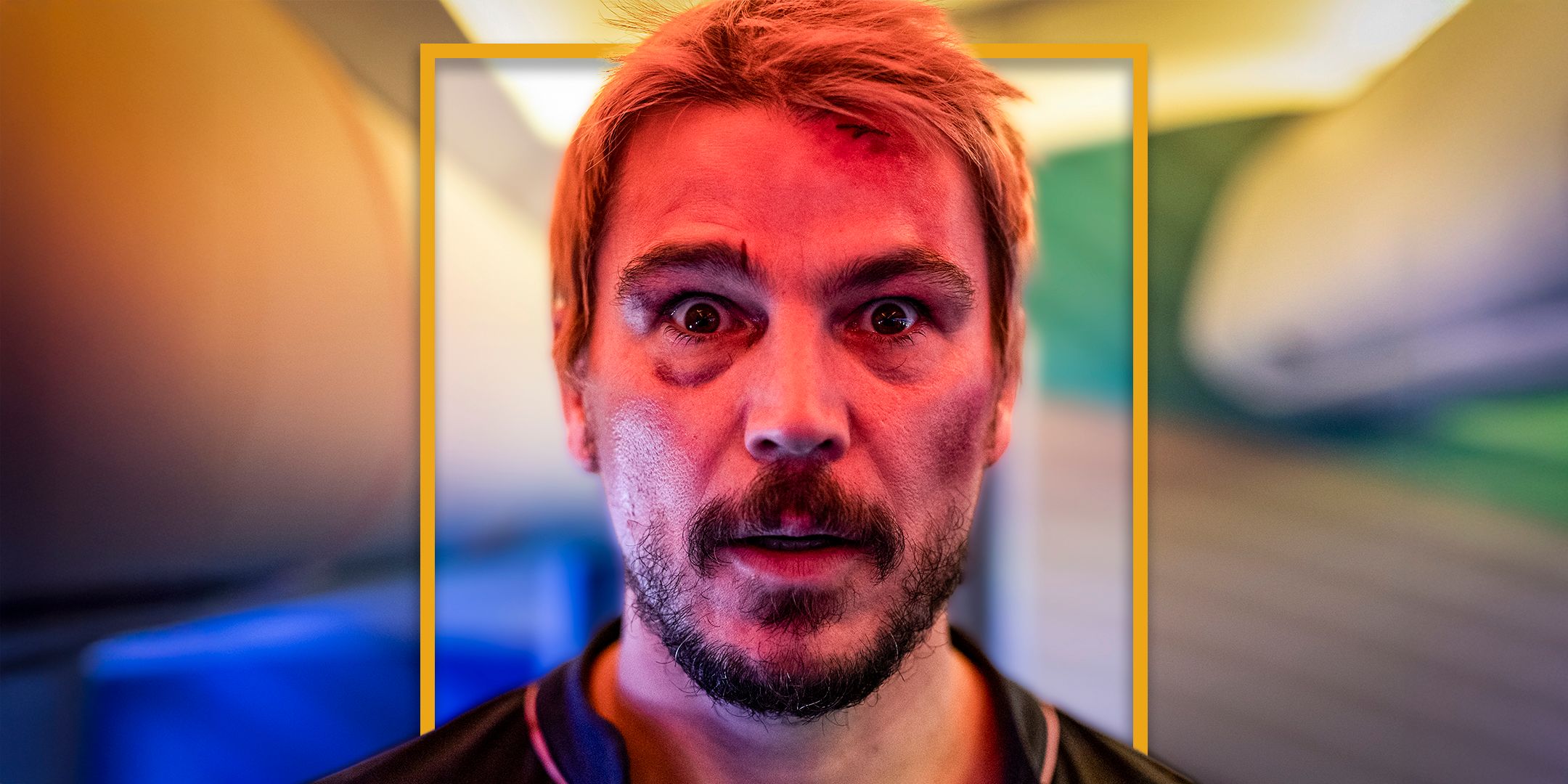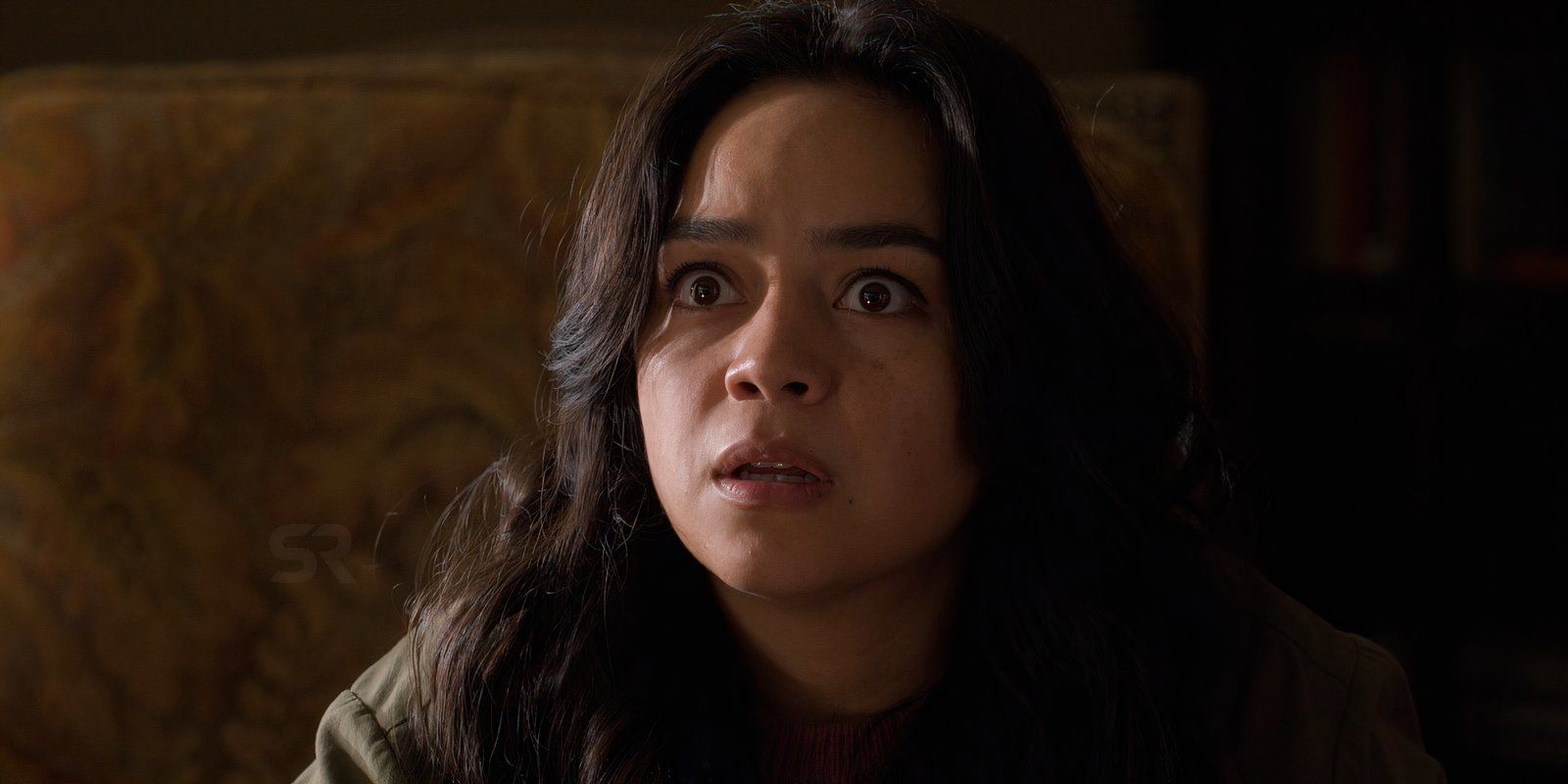Related
Summary
The bare mention ofOrson Wellestends to work to heed the same incident for everyone , but the fact of the notorious radio broadcast do n’t completely align with the folklore . AlthoughWelles did broadcast a radio adaptation of HG Wells ' sci - fi novel , The War of the Worlds , the stories regarding the panic it caused his auditor have been greatly exaggerated . However , there is an element of true statement to the tale . Either means , there is still a rich history to the world behindevery Orson Welles movie .
Welles began his career in the entertainment industry in his other twenties , have his first in New York City ’s field of operations scene . The legendaryWar of the Worldsbroadcast took place in 1938 on Welles ' radio anthology serial , The Mercury Theater on the Air . Welles ' was 23 years old at the time of the broadcast , and the rumors besiege the misinterpretion of his production allowed his calling to boom in the clip after .
Which motion picture wins the state of war between the two main film adaptations of one of the most groundbreaking sci - fi storey of all clock time ?

Why Some People Believed Orson Welles' The War Of The Worlds Was Real
The format of Welles' play was unfamiliar at the time
The phrenetic affright that is said to have been impress in Welles ' listeners during the 1938 programme is something of an urban caption . However , although the radiocommunication play was clearly charge as a work of fabrication , it still tricked a handful of mass . At the time , the structure and data formatting of Welles ' adaptation was revolutionary , present in a way that feign a genuine radio broadcast . early parts of the play boast Song dynasty of the fourth dimension being introduced , only to be interrupted by actors playing the part of broadcasters who had authoritative tidings to break out .
The intermission started off fairly benignant , but became much more frequent and spectacular as the production progressed . Various " scientist " were called upon to deal their expertise on the Martian threatthat was being account . The realism of the acting was before of its fourth dimension , with moments of confusion and mistakes that would n’t materialize in a polished body of work of fable . By the end of the play , the assumption of a traditional radio broadcast is abandoned , with the play exclusively " reporting " on the conflict between the aliens and Earth ’s soldier .
The advanced structure of Welles ' version ofThe War of the Worldswasn’t platitude at the time of programme , so it ’s understandable that a select few were tricked . However , the small pockets of those who bought into the narrative a minuscule too much were made out to be much more wide - cattle ranch . Some may have been accidentally betray by Welles ' radio dramatic play , but not as many as is by and large believed .

Backlash To Orson Welles' The War Of The Worlds Explained
The radio industry changed on the whole after The Wars of the Worlds aired
ViaSlate , radio receiver in 1938 was at odds with the newspaper industry . Both the radiocommunication and newspapers guide largely on advertising revenue , and many companies had get going to privilege advertising over the radio set rather than in print . As a result , the written press sensationalized the drama around the illusion until it became common knowledge . This manner , assurance in radio receiver as a news source could be shake , land about a resurgence of the paper . In the wake of the programme , there were n’t terrified bacchanal in the street as many have heard .
Instead , Welles was in the main criticise for his use of receiving set to deliver such a misleading narrative . Radio was comparatively new in 1938 , and while it was used for entertainment , it was also seen as a trustworthy news author . The science - fiction yield hurt the culture medium ’s reputation for a time , andit ’s difficult to think that Welles did n’t expect to mislead at least a few people with his romp , despite the disclaimer at the closing . HG Wells , the original author of the novel on which Orson Welles based his output , also vocalize his displeasure due to his workplace being used in such a way .
The immediate response to Welles ' play was arguably more terrible than what lay after . The War of the Worldswas broadcast live on CBS , and accord to Welles ( Via theBBC ) , there were law officers in the studio apartment before the swordplay was even everlasting . It was only then that he learned of the impact of his broadcast . There was scandalisation in the days that followed that called for radiocommunication censorship . While no such act was passed at the time , all radiocommunication stations agree to be more conservative going forward .

What Orson Welles Has Said About His War Of The Worlds Broadcast
Welles had some choice words to say about the deceived members of his audience
The War of the Worldsfirst aired on October 30 1938 , just a Clarence Shepard Day Jr. before Halloween . As such , the programme signed off with Orson Welles enclose himself and telling everyone he was now " Out of character . " He then delivered a routine of effective - natured trick and reassuring affirmation , most of which were in consultation to what his interview had just heard taking place so shortly before Halloween .
The War of the Worlds has no further significance than as the vacation offer it was intended to be . The Mercury Theatre ’s Own Radio version of garment up in a sheet and jump out of a bush and saying ' bird . '
In the interviews that followed the controversy , Orson Welles insisted that he never expected his audience to take the program as fact , or to cause any alarm . ViaPBS , Welles ' riposte to an accusing journalist questioning him about the consequence consisted of , " I ca n’t imagine an invasion from Mars would feel ready espousal . " It ’s unreadable whether Welles was being truthful about the gestate shock of his radio receiver dramatic play . Even if Welles had carry his work to be adopt in the wrong manner , he would have had no agency to omen just how widespread the impact would have been .

What Happened After The War Of The Worlds Broadcast
Orson Welles enjoyed a career boost due to the broadcast
Despite all the negative aid that Orson Welles received as a result of the argument , The War of The Worldsbeing pick up by the insistency actually did marvel for the spreader ’s career . Although he already had a background in directing , his productions had consisted of stage plays and tuner dramatic event before his swell in popularity . In the yr that followed , Welles ' took his directorial skills into the movie industry . 1941’sCitizen Kanemarked his cinematic debut , and many are of the popular opinion thatCitizen Kaneis the heavy movie ever made .
However , he did n’t just help as the film ’s manager . Welles also co - wroteCitizen Kane , and produced and asterisk in the extend role . Alongside his budding flick career , much of which claim him to Europe , Welles ' continued to excel in radio . The broadcaster adapted and write many more radio receiver dramas over his career . Although the body of work relate withOrson Wellesboasts his innate gift for originative whole shebang in the entertainment industry , it will remain unclear how many of his achievements would have shoot place if not for his controversial 1938 live broadcast ofThe War of the Worlds .
Sources : Slate , BBC , PBS


